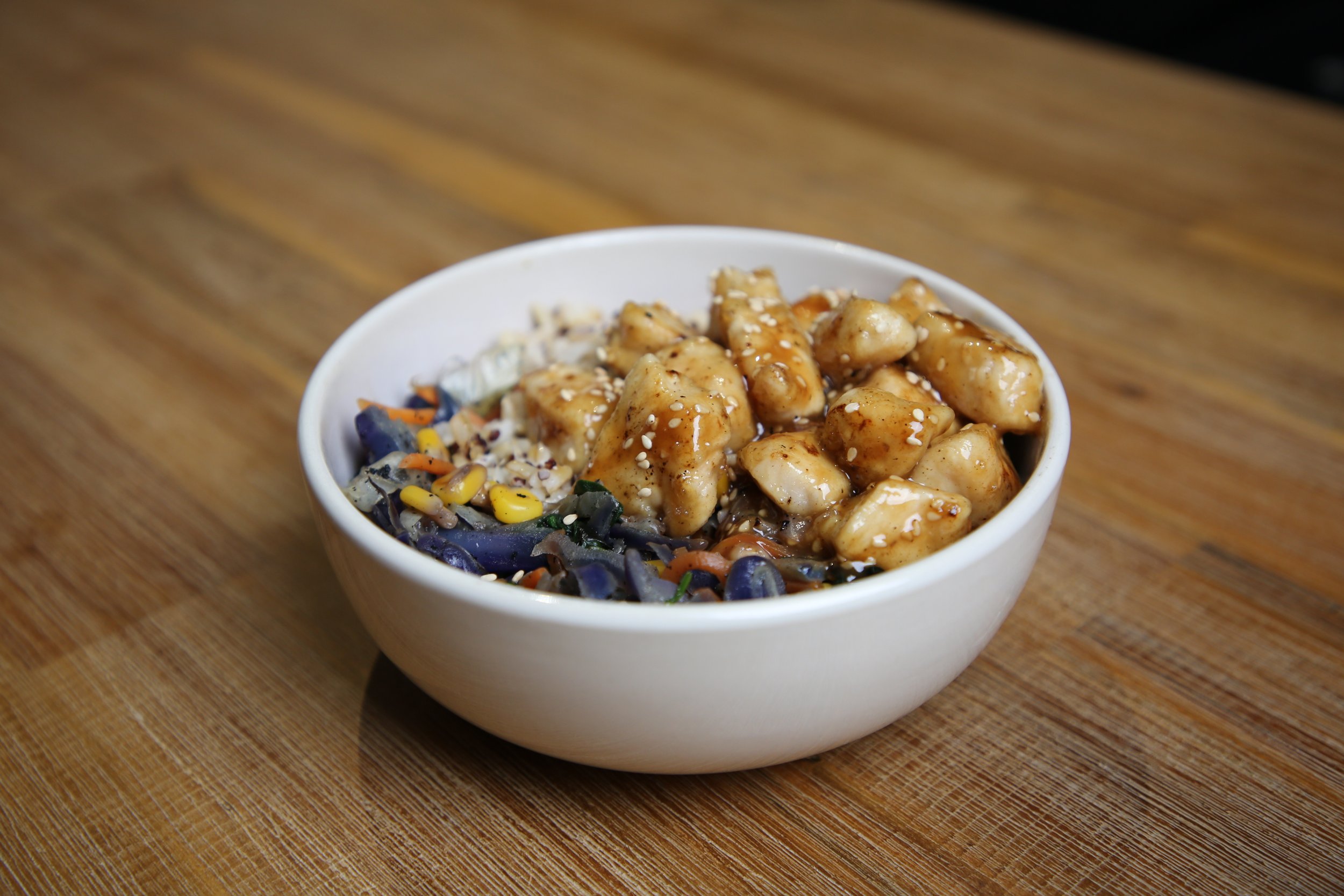Binge Eating
What is binge eating?
Binge eating is a condition characterized by recurrent episodes of excessive eating beyond fullness, often done secretly and leading to psychological distress. It is commonly associated with various disordered eating patterns and eating disorders, with Binge Eating Disorder (BED) being the most prevalent, affecting 6% of Australians in 2017. Binge eating is equally prevalent in both males and females, with an average onset age of 25 years.
To assess your risk of Binge Eating Disorder or other eating disorders, you can complete a validated questionnaire, the Eating Disorder Examination Questionnaire, by InsideOut Institute.
How do dietetic service help binge eating?
Effective management of binge eating involves a multidisciplinary approach, with psychologists and dietitians collaborating closely. Psychological counseling helps identify triggers and improve self-esteem and body image. Dietetic services focus on correcting food and nutrition misconceptions, promoting a normal and intuitive eating pattern, and addressing false beliefs about food, nutrition, body size, and shape.
Why working with a dietitian?
Dietitians are medically-trained nutrition professionals, and the only professional that is qualified to provide individual dietary consultation at the moment (Click here to read about dietitian and nutritionist). Dietitians are trained to provide medical nutrition therapy and one-to-one personalised dietary advice. We take in consideration of one’s lifestyle, dietary habits, preference and goals to tailor our nutrition strategies.
The topics dietitians might talk to you about:
The recovery process from an eating disorder
Self-compassion
Negative effects of eating disorder behaviours
Metabolism and nutrition needs of a human
The dieting cycle and how to break it
A general healthy balanced diet
Importance and ways to eat regularly and adequately to prevent binge eating due to starvation
How to manage and alter your eating disorder behaviours through behavioural and environmental changes
Build a healthy relationship with food
Identify and challenge some feared foods
Identify and challenge some food rules
Social eating and enhance social life
Eating according to hunger-fullness cue
Build flexibility in eating
Intuitive eating
What does working with Timeless Dietetic dietitian look like?
If you are under an Eating Disorder Management Plan or clinically diagnosed with binge eating disorder (BED), we recommend booking for a extended appointment (90 minutes).
-
You will be invited to fill in a survey before the consults, including your health history, family history, current situation, goals
For elite athletes: You might be asked to provide a training program, body composition assessment (if available) and food diary
-
Discuss and understand your goals, living situation, lifestyle, potential motivators and barriers.
Perform assessment on health indicators, training schedules and goals, usual dietary intake.
Provide professional feedback on your diet, and identify areas that can be improved to help achieve your goal.
Discuss the most relevant nutrition topic that can help with the current situation and those you are interested in.
In collaboration with you, set small but impactful nutrition goals, homework and challenges.
Recommend what else you can do in the future and a recommended review timeframe if you would like to continue.
Provide you with a tailored nutrition information package to takeaway.
-
Review the effectiveness and practicality of previous goals/homework/challenges.
Review and track any progress indicators.
Reassess any changes in health indicators, training and dietary intake.
Discuss the most relevant nutrition topics and those you are interested in.
In collaboration with you, adjust the previous intervention that did not work well or develop a new strategy.
In collaboration with you, develop new strategies to improve your health and progress.
Provide you with a tailored nutrition information package to takeaway.

































